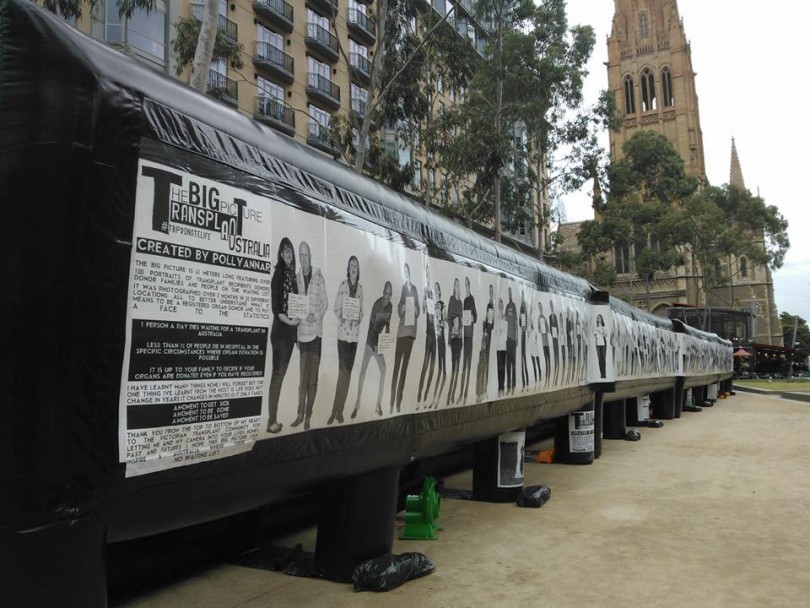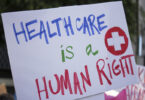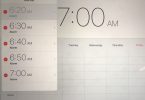Murray Brown is serious about his second chance at life.
Three years after receiving a double-lung transplant for cystic fibrosis – a genetic disorder that results in frequent lung infections and long-term breathing difficulties – the 22-year-old Melburnian has been to Europe, has a full-time job, plans on buying a house, and is getting married early next year.
“I want to make sure I do as much as I can in the life I’ve got,” he said.
Murray said his life is very different to what it was before the transplant, when his lung capacity had gradually been declining since the age of 11.
“Before I had my transplant, when I was on the waiting list, it used to take about three hours to have a shower, or if I was going to go to the shops. Just anything was exhausting to do, it was a hassle.”
Australian law does not allow Murray to meet his donor or her family, though he is thankful to her.
However, he does know she saved seven lives other than his.
He can send a card, but is holding off on doing so until he’s “maybe 24” and has done more things with his life.
“I kind of want them to understand I’m not wasting this opportunity.”
Murray’s story is particularly relevant during this the second annual DonateLife Week (August 2 to 9), a national awareness event aimed at promoting organ and tissue donation in Australia.
This year, the emphasis is on getting more people under 30 to consider and register for organ donation, where this age group has a traditionally low sign-up rate.
Statistics from June compiled by DonateLife show 70 per cent of people between 18 and 30 years old are willing to become organ donors. But when it comes to converting this willingness into action, young adults are least likely to have decided with just 52 per cent of people in this age group having made a decision on become a donor, and only 57 per cent having discussed the subject with their family.
People under 25 currently comprise only 5 per cent of the 1.8 million registered organ donors in Australia.
Dr Helen Opdam, the Victorian director of the Organ and Tissue Donation Authority, said people need to take a proactive approach for organ donation for the system to keep working.
“One of the things we’re really trying to get people to think about this week is, if you’d say yes to receiving a life-saving transplant, have you said yes to becoming an organ and tissue donor?” she says.
“You won’t have transplantation if there’s no donation, and I think we have a social responsibility to be donors if we want transplantation to be available.”
The need to confront organ donation is unlikely early in life. But Dr Opdam said young people should still let their loved ones know their decision as soon as possible.
“Just 36 per cent of 18 to 29 year olds believe their partner or family knows their decision about organ and tissue donation, compared to 46 per cent nationally.
“That’s why it’s so important if young people can have a memorable conversation with those closest to them, and also ideally register for organ donation.
“If they can do those things, that will make the decision so much easier for their families if it comes to that situation.”
Organ donation is a rare scenario even when it needs to be considered: only 1 per cent of hospital deaths allow for donation.
Murray is on the register to donate his own organs, although the medication he is on to prevent his body rejecting the lungs affects his liver, pancreas and kidneys. “I don’t think I’d take a hell of a lot,” he admits.
Instead, he hopes young people can show some initiative on organ donation so more people get to experience the new lease on life he has.
“Please have the chat with your family. Because if that’s something you’d like to do, then your family’s the one that needs to know because at the end of the day they’re the ones who’ll have to make the decision.”
To register or check your status as an Organ donor, visit this website.









[…] published on City Journal August 5, […]